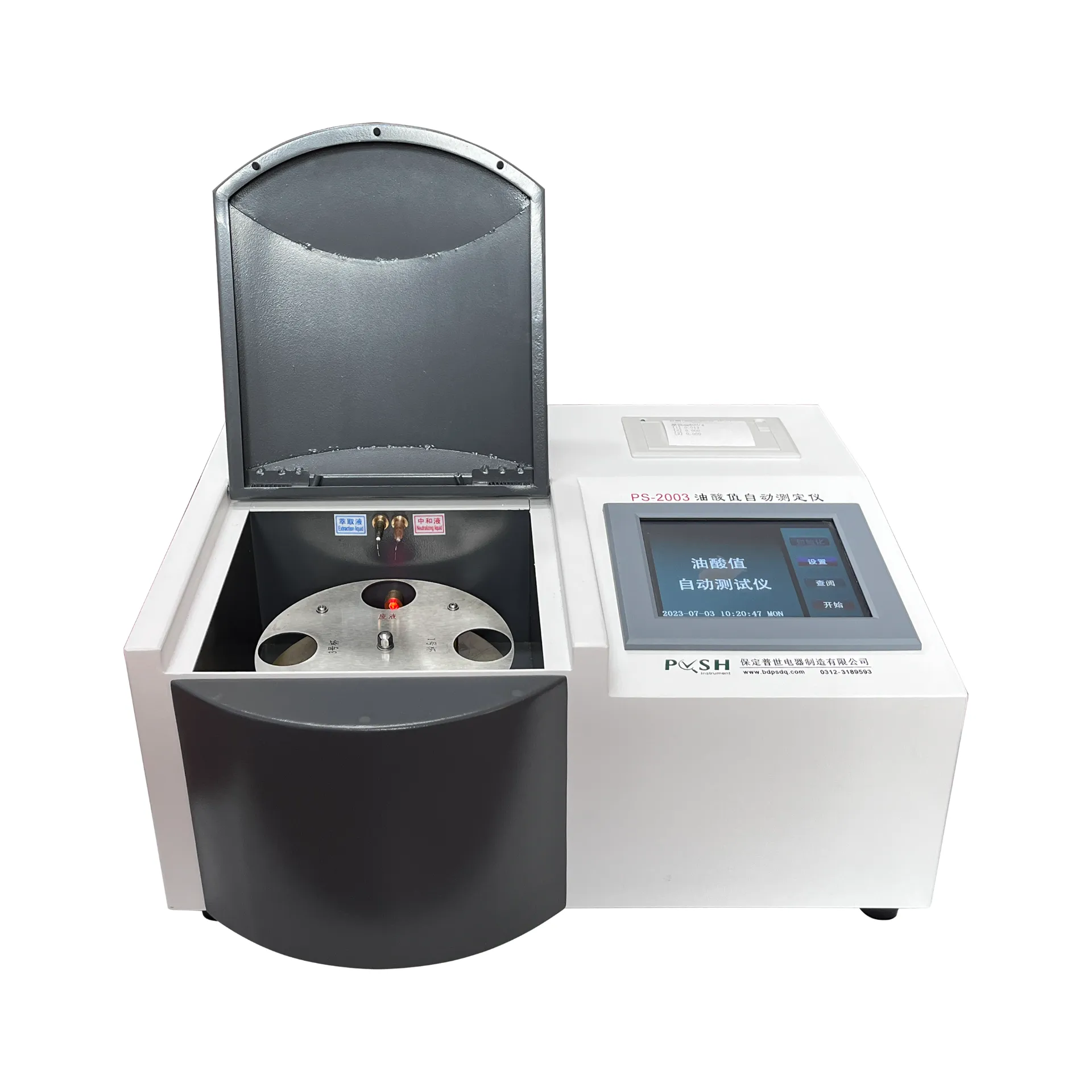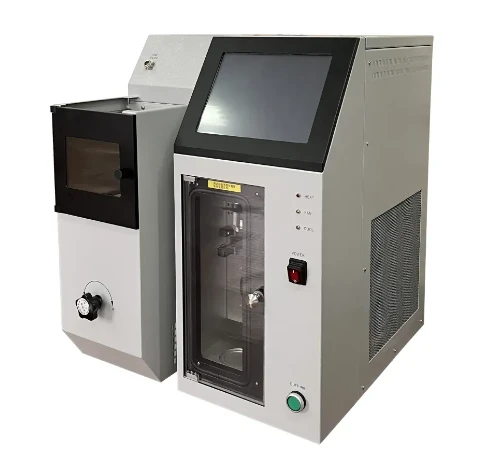 English
English



-
 Afrikaans
Afrikaans -
 Albanian
Albanian -
 Amharic
Amharic -
 Arabic
Arabic -
 Armenian
Armenian -
 Azerbaijani
Azerbaijani -
 Basque
Basque -
 Belarusian
Belarusian -
 Bengali
Bengali -
 Bosnian
Bosnian -
 Bulgarian
Bulgarian -
 Catalan
Catalan -
 Cebuano
Cebuano -
 China
China -
 China (Taiwan)
China (Taiwan) -
 Corsican
Corsican -
 Croatian
Croatian -
 Czech
Czech -
 Danish
Danish -
 Dutch
Dutch -
 English
English -
 Esperanto
Esperanto -
 Estonian
Estonian -
 Finnish
Finnish -
 French
French -
 Frisian
Frisian -
 Galician
Galician -
 Georgian
Georgian -
 German
German -
 Greek
Greek -
 Gujarati
Gujarati -
 Haitian Creole
Haitian Creole -
 hausa
hausa -
 hawaiian
hawaiian -
 Hebrew
Hebrew -
 Hindi
Hindi -
 Miao
Miao -
 Hungarian
Hungarian -
 Icelandic
Icelandic -
 igbo
igbo -
 Indonesian
Indonesian -
 irish
irish -
 Italian
Italian -
 Japanese
Japanese -
 Javanese
Javanese -
 Kannada
Kannada -
 kazakh
kazakh -
 Khmer
Khmer -
 Rwandese
Rwandese -
 Korean
Korean -
 Kurdish
Kurdish -
 Kyrgyz
Kyrgyz -
 Lao
Lao -
 Latin
Latin -
 Latvian
Latvian -
 Lithuanian
Lithuanian -
 Luxembourgish
Luxembourgish -
 Macedonian
Macedonian -
 Malgashi
Malgashi -
 Malay
Malay -
 Malayalam
Malayalam -
 Maltese
Maltese -
 Maori
Maori -
 Marathi
Marathi -
 Mongolian
Mongolian -
 Myanmar
Myanmar -
 Nepali
Nepali -
 Norwegian
Norwegian -
 Norwegian
Norwegian -
 Occitan
Occitan -
 Pashto
Pashto -
 Persian
Persian -
 Polish
Polish -
 Portuguese
Portuguese -
 Punjabi
Punjabi -
 Romanian
Romanian -
 Russian
Russian -
 Samoan
Samoan -
 Scottish Gaelic
Scottish Gaelic -
 Serbian
Serbian -
 Sesotho
Sesotho -
 Shona
Shona -
 Sindhi
Sindhi -
 Sinhala
Sinhala -
 Slovak
Slovak -
 Slovenian
Slovenian -
 Somali
Somali -
 Spanish
Spanish -
 Sundanese
Sundanese -
 Swahili
Swahili -
 Swedish
Swedish -
 Tagalog
Tagalog -
 Tajik
Tajik -
 Tamil
Tamil -
 Tatar
Tatar -
 Telugu
Telugu -
 Thai
Thai -
 Turkish
Turkish -
 Turkmen
Turkmen -
 Ukrainian
Ukrainian -
 Urdu
Urdu -
 Uighur
Uighur -
 Uzbek
Uzbek -
 Vietnamese
Vietnamese -
 Welsh
Welsh -
 Bantu
Bantu -
 Yiddish
Yiddish -
 Yoruba
Yoruba -
 Zulu
Zulu
Process Gas Chromatograph Real-Time Analysis & Precision Monitoring
- Overview of Process Gas Chromatography Technology
- Technical Advantages Over Traditional Methods
- Comparative Analysis of Leading Manufacturers
- Custom Solutions for Industry-Specific Needs
- Real-World Applications and Case Studies
- Cost-Benefit Insights and Maintenance Best Practices
- Future Trends in Natural Gas Chromatograph Systems

(process gas chromatograph)
Understanding Process Gas Chromatograph Systems
Process gas chromatographs (PGCs) are critical for real-time analysis in industries like petrochemicals, pharmaceuticals, and environmental monitoring. These systems separate and quantify gas mixtures with precision, enabling process optimization and regulatory compliance. Modern PGCs achieve accuracy levels of ±0.5%, far surpassing traditional laboratory methods that often struggle with delays (8–24 hours) in sample processing.
Technical Advantages Over Traditional Methods
PGCs outperform manual sampling through three key innovations:
- Speed: Delivers results in 2–5 minutes versus 8+ hours for offline GC-MS
- Reliability: 99.8% uptime in extreme conditions (-20°C to 55°C)
- Integration: Direct compatibility with PLC/DCS systems via Modbus or Ethernet/IP
Manufacturer Comparison: Performance and Pricing
| Vendor | Model | Price Range | Detection Limit (ppm) | Response Time |
|---|---|---|---|---|
| ABC Analytics | PGC-9000 | $42,000–$58,000 | 0.1 | 90s |
| XYZ Instruments | StreamLine Pro | $38,500–$49,200 | 0.25 | 120s |
| PQR Technologies | GasMaster HM | $35,000–$45,000 | 0.5 | 150s |
Prices based on standard configurations for natural gas chromatograph units in Q2 2024.
Tailored Solutions for Sector-Specific Challenges
Customization drives PGC adoption across vertical markets:
- Oil & Gas: Methane/nitrogen analyzers with ATEX-certified housings
- Pharma: FDA 21 CFR Part 11-compliant data logging
- Environmental: Stack emission monitors measuring 15+ VOCs simultaneously
Case Studies: Operational Efficiency Gains
A refinery in Texas achieved 14:1 ROI within 18 months after deploying PGCs for continuous BTEX monitoring:
- 40% reduction in lab analysis costs
- 63 fewer hours of operator intervention monthly
- 0.3% increase in product yield through real-time adjustments
Optimizing Ownership Costs and System Longevity
Proactive maintenance extends PGC service life beyond the typical 10-year mark:
- Replace carrier gas filters every 6 months ($120–$180)
- Recalibrate detectors biannually (4–8 hours labor)
- Update firmware annually for security and performance enhancements
Innovations in Natural Gas Chromatograph Technology
The next generation of natural gas chromatographs integrates AI-powered pattern recognition, reducing false positives by 82% in pipeline monitoring scenarios. Hybrid units combining GC and MS capabilities now deliver lab-grade results (RSD <0.8%) at 60% of traditional GC-MS prices. As industries prioritize sustainability, PGCs are evolving to analyze hydrogen blends and carbon capture streams with equal precision.

(process gas chromatograph)
FAQS on process gas chromatograph
Q: What are the primary applications of a process gas chromatograph?
A: Process gas chromatographs are used for continuous chemical analysis in industrial settings, such as monitoring gas purity in refineries or tracking emissions. They provide real-time data for quality control and process optimization.
Q: How does a gas chromatograph mass spectrometer price compare to standard models?
A: Gas chromatograph mass spectrometer prices are typically higher due to added mass spectrometry capabilities. Costs range from $50,000 to $200,000+, depending on resolution, automation, and industry-specific requirements.
Q: Why is a natural gas chromatograph essential for pipeline monitoring?
A: Natural gas chromatographs analyze methane, ethane, and impurities to ensure composition compliance and safety. They help detect contaminants and maintain energy content standards during transportation.
Q: What factors influence maintenance frequency for process gas chromatographs?
A: Maintenance depends on sample stream complexity, environmental conditions, and usage intensity. Typical schedules include monthly calibration and quarterly column/valve inspections to prevent drift.
Q: Can process gas chromatographs replace laboratory-based GC systems?
A: While process GCs excel in real-time industrial monitoring, lab systems offer higher precision for detailed analysis. They are complementary, with process GCs prioritizing speed and durability in harsh environments.
-
Ensuring SF₆ Gas Safety: Introducing PUSH’s Integrated SF₆ Analyzer for Dew Point, Purity, and Decomposition MonitoringNewsJul.10,2025
-
Exploring the Main Types of Industrial Endoscopes and Their Applications Across IndustriesNewsJul.04,2025
-
Testing Equipment Industry Sees Major Advancements in 2025: Smart & Precision Technologies Lead the WayNewsJun.06,2025
-
Applications of Direct Current Generators in Renewable Energy SystemsNewsJun.05,2025
-
Hipot Tester Calibration and Accuracy GuidelinesNewsJun.05,2025
-
Digital Circuit Breaker Analyzer Features and BenefitsNewsJun.05,2025



